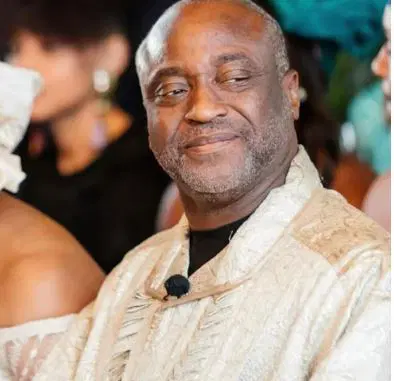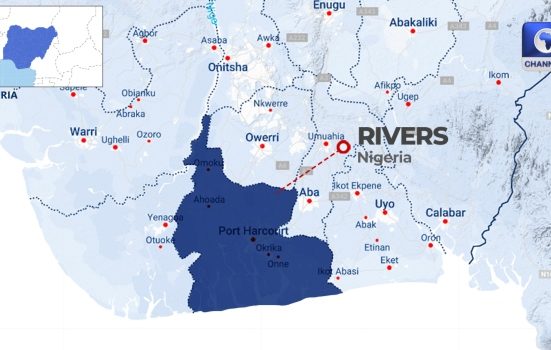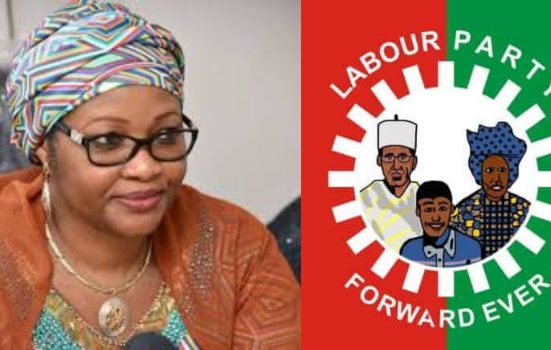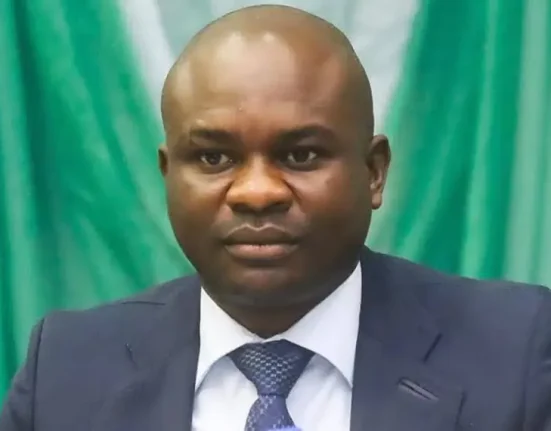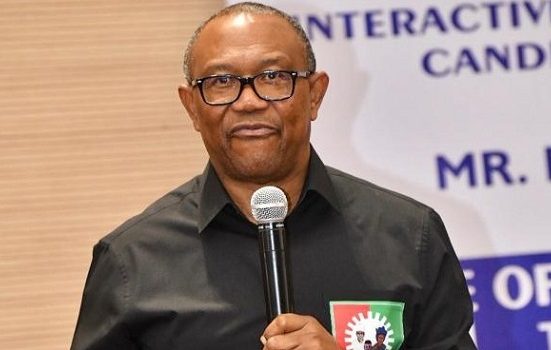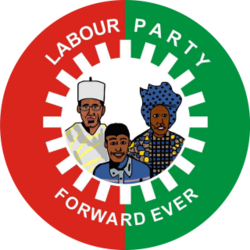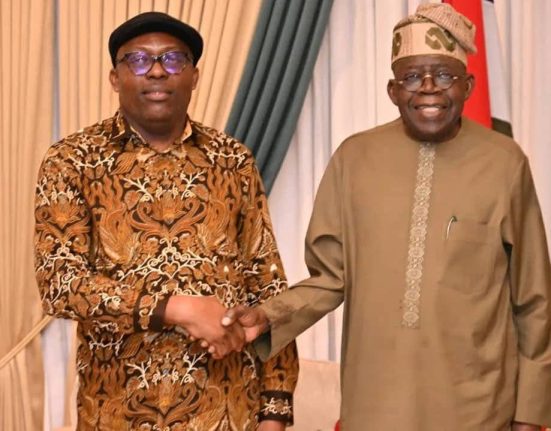A prominent chieftain of the Labour Party in Rivers State, Mr Fafaa Dan-Princewill, has described the declaration of a state of emergency in Rivers State by President Bola Tinubu as a clear indication that the President’s efforts to broker peace between Governor Siminalayi Fubara and the Minister of the Federal Capital Territory, Nyesom Wike, had failed.
Speaking in an exclusive interview, Dan-Princewill noted that the emergency rule, which came as a shock to many, did not appear justifiable to the average Nigerian, especially in the absence of any visible breakdown of law and order in the state at the time. While he conceded that only the President and security agencies have access to intelligence reports, he maintained that no obvious threat to public safety warranted the drastic measure.
He expressed concern that the ongoing political tension in Rivers might have deeper roots than the public realises, especially regarding the battle for political structures and control over local government institutions, which he confirmed were at the centre of the rift between Governor Fubara and Wike. He also pointed to financial matters and other politically sensitive issues as possible causes of the unending power tussle.
One month after the emergency rule took effect, Dan-Princewill said life in Rivers State has largely remained normal, aside from politically motivated protests. He said residents are cautiously observing the actions of the federally appointed Sole Administrator, who has continued to make sweeping appointments and board dissolutions, raising concerns about the longevity and scope of the emergency rule beyond the stipulated six-month window.
He criticised the arbitrary dismissal of political appointees who were not directly linked to the crisis, questioning the rationale behind such actions and pointing to the lack of transparency in the Sole Administrator’s terms of reference. According to him, the mass removal of state officials — including the chairman of the state’s electoral body — appears unjustified, especially in the absence of any misconduct.
Dan-Princewill also stated that reconciliation efforts between the warring camps seem unlikely to yield results, citing the apparent unwillingness of both Wike and Fubara to resolve their differences. He added that the inability of the President to unite the two leaders — despite previous peace meetings — culminated in the imposition of emergency rule, which in itself is evidence that those reconciliatory moves were unsuccessful.
While commending the 11 PDP governors who approached the court to challenge the imposition of the emergency rule, he dismissed claims that the legal action is an exercise in futility. He argued that the governors have both political and constitutional grounds to contest the development, especially since both Wike and Fubara remain prominent PDP stakeholders.
Touching on broader political issues, Dan-Princewill lamented the internal crises currently plaguing the Labour Party, describing the presence of multiple factions as reflective of a larger systemic dysfunction affecting political parties across Nigeria. He said party structures have been infiltrated by divergent interests, worsened by the tendency to rewrite electoral rules with each cycle. He welcomed the Supreme Court’s recent decision that leadership matters should be left to political parties to resolve internally, saying it would bring clarity and consistency.
He also expressed cautious optimism that the Labour Party could remain a formidable opposition force ahead of the 2027 general elections, especially if party stakeholders are able to unite. He acknowledged Peter Obi’s wide youth support base and the strength of the Nigeria Labour Congress as major assets for the party, but stressed that unity remains crucial to sustaining any momentum gained during the 2023 elections.
On talks of a potential coalition ahead of 2027, Dan-Princewill said he supports the idea, noting that a two-party system typically enhances democratic stability. However, he pointed out that past experiences show coalitions work better than mere alliances, and that political actors like Obi, Atiku Abubakar, and Rabiu Kwankwaso — who have all worked together in the past — must reconcile their differences if such a coalition is to be feasible.
Responding to the recent declaration by PDP governors rejecting a coalition with other parties, Dan-Princewill said each party is entitled to its decisions, though he admitted not understanding the logic behind closing the door to a possible united opposition front. He maintained that all political groups must act in what they believe to be the best interest of the country.
As for his political future, Dan-Princewill said he has not made any decision yet on whether he would contest the 2027 governorship election in Rivers State. He explained that any such decision would depend on consultations with key stakeholders and the prevailing political atmosphere. Reflecting on the controversies that surrounded his 2023 candidacy under the Labour Party, he expressed reluctance to engage in a similar political environment filled with confusion and internal conflict.
In the meantime, he urged residents of Rivers State to remain law-abiding and patient, allowing due legal processes to determine the legality and scope of the Sole Administrator’s authority, while continuing to monitor how the situation develops over the remaining months of the emergency rule.

